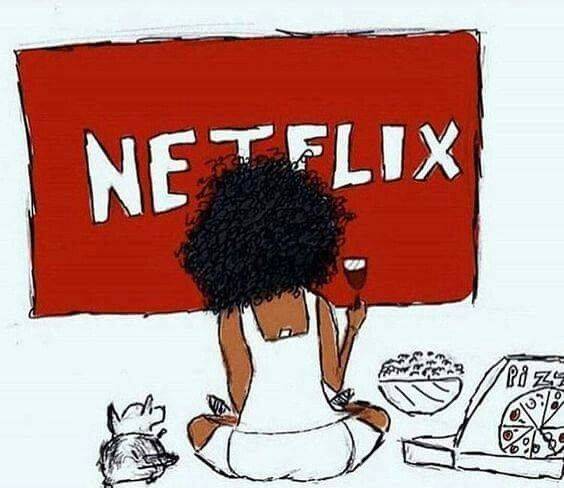The Netflix-Masiyiwa Link-up And The Fate Of The Big African Conquest

One of the top news on the continent last week was no doubt the announcement of the appointment of a respected African individual to the Netflix board.
Netflix announced the appointment of the Zimbabwean telecoms veteran, Strive Masiyiwa, to its board. Masiyiwa is the founder of Econet Group who is regarded as an all-round agile businessman. He has spent decades building African businesses.
In his statement of appointment, he said.
“Netflix is at the forefront of bringing great entertainment from anywhere in the world to everyone in the world, and I look forward to working with the board and all stakeholders to continue its traditions of innovation and growth.”
This move is one that can help Netflix to be more deeply rooted in the African continent, thereby capturing more proportion of the African market. And ultimately help put Netflix in a better position with other indigenous video streaming platforms that are competitors.
Apparently, Netflix’s interest in Africa in recent times hasn’t been mere posturing. Rather, they have been deliberate moves to see its streaming service grow on the continent.
Let’s go down history lane, yes?
The year was 2016 when Netflix came into the African market. And of course, there arose doubts of whether the streaming giant would cut it in the African market, as ventures in Africa are typically modeled differently from that of other continents if they are to thrive.
At the top of the problems highlighted was the affordability of Netflix pricing for Africans. Also highlighted, was the problem of high internet costs, as well as internet and mobile phone penetration in Africa.
As it stands, it appears that Netflix hasn’t been doing so bad, making efforts to turn the lemons it was handed into lemonades. Indeed, Masiyiwa’s appointment to the Netflix board seems like the latest of specific initiatives that have helped Netfllix capture the African continent better.
Netflix’s Steady Moves in Africa
The starting point of Netflix’s banging moves in Africa can be traced to the acquisition of the Nollywood movie, “Lion Heart,” which was produced by Genevieve Nnaji. This action by Netflix sprung up a sense of positivity amongst African viewers and movie producers even.
Fast forward to February 2020, which saw Netflix release “Queen Sono” in South Africa. Queen Sono is Netflix’s first fully-produced African series, which is synonymous with being the first African Netflix Original series
This shows the remarkable commitment which Netflix has made in producing original African content, particularly in the Nigerian and South African movie industries.
Netflix’s dedication to Africa was also expressed in the special social media pages created for African countries like Nigeria, and South Africa. This openly points out Netflix’s interest to channel more focus on these selected countries.
Another thing that needs to be named in Netflix’s plans for the African continent is the tweak made so far in its pricing model for emerging markets like Africa.
This move seems to have been triggered by concerns about shrinking income levels across the continent which necessitates affordability. In September this year, Netflix revealed its plan to begin testing a mobile-only subscription in Nigeria which brings the price low to USD 2.65 (NGN 1.2 K) monthly.
So far, all of these actions from Netflix seem like necessary ones, given the peculiarities of the African market. They are moves that can steer Netflix through the continent, now and in the nearest future.
Looking at the outcome of Netflix’s effort in Africa, it is apparent that its investment is far from being non-yielding, as the results so far do not spell doom, given the stiff competition it is exposed to.
A report from 2019, puts South African Netflix subscribers at 152,000. Not so bad.
In a continent with more than 1 billion people, the giant video-streaming service has 1.4 million subscribers. That hardly holds up against the 20 million customers signed up to African pay-TV company, MultiChoice, which also has a streaming platform of its own, Showmax. However, there’s cause for optimism.
And so, Netflix is projecting to have 3.6 million subscribers across the African continent in the next five years.
To meet up with this, it wouldn’t be unexpected for Netflix to throw in and follow through with a few more Africa-centric ideas.
Hence, the Masiyiwa appointment, as well as the other executed endeavours, may just be the tip of the iceberg for Netflix’s engagements in Africa with respect to enhancing further growth on the continent’s business landscape.
Featured Image Courtesy: Pinterest